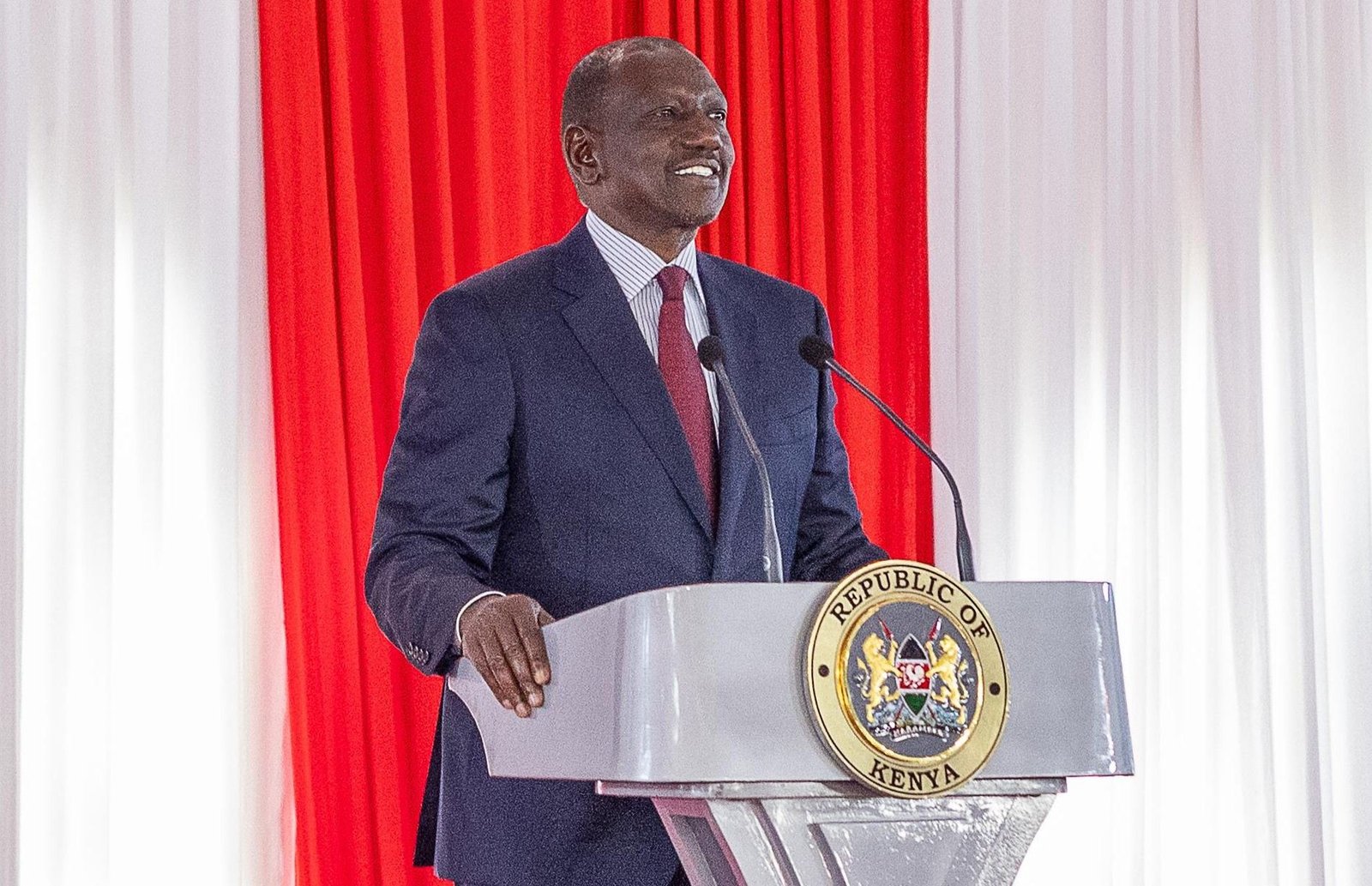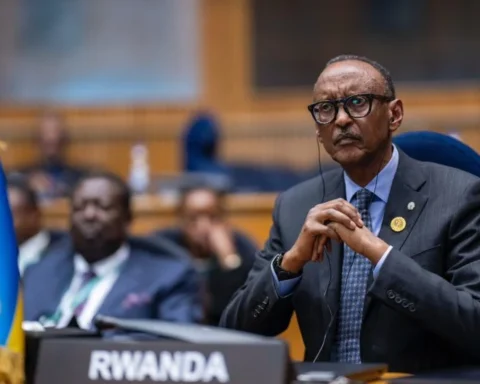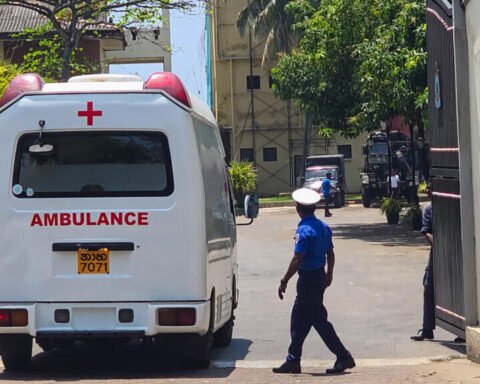Kenyan President William Ruto has issued a heartfelt apology to the youth of Kenya, often referred to as Gen Z, and to the governments and people of Tanzania and Uganda.
His apology follows public outcry over the recent deportation of prominent Kenyan activists and politicians from Tanzanian soil.
The apology came during the country’s National Prayer Breakfast, an annual event that brings together political leaders, religious figures, and citizens to reflect and pray for national unity. But this year, the event doubled as a moment for diplomatic reflection.
In his speech, Ruto acknowledged the anger and disappointment felt by many, especially young Kenyans active on social media platforms like TikTok, X (formerly Twitter), and Instagram, where hashtags criticizing the government’s handling of the situation went viral.
The controversy began earlier this month when several prominent Kenyan figures—including former presidential candidate and civil rights advocate Martha Karua, and ex-Chief Justice Dr. Willy Mutunga—were denied entry into Tanzania. They had intended to attend the treason trial of Tanzanian opposition leader Tundu Lissu, a vocal critic of the current administration.
According to Tanzanian immigration authorities, the group lacked proper documentation, but critics argue the deportation was politically motivated and risked straining relations between East African nations.
Speaking to the matter, Ruto said:
“We want to walk this journey together, build our regional ties on the foundation of mutual respect and understanding. To our neighbors in Tanzania, if we wronged you in any way, we humbly apologize. Please forgive us. To our brothers and sisters in Uganda, if we acted wrongly, we seek your forgiveness too.”
The President’s statement was viewed as a peace offering not just to neighboring nations but also to the growing population of politically conscious Kenyan youth. This group, largely composed of digital natives, has been vocal about transparency, governance, and regional solidarity.
This incident also brings attention to the significance of regional integration through the East African Community (EAC), an intergovernmental organization that includes Kenya, Tanzania, and Uganda. Founded to promote economic growth, political stability, and cross-border cooperation, the EAC has faced challenges in maintaining unity amid rising nationalist sentiments and political friction.
Additionally, the deportation drew criticism from global human rights organizations and sparked questions about freedom of movement and the right to political expression across African borders. Legal experts have also raised concerns about whether Tanzania’s actions could violate Article 6 of the EAC Treaty, which emphasizes the rule of law, democracy, and the protection of human rights.







